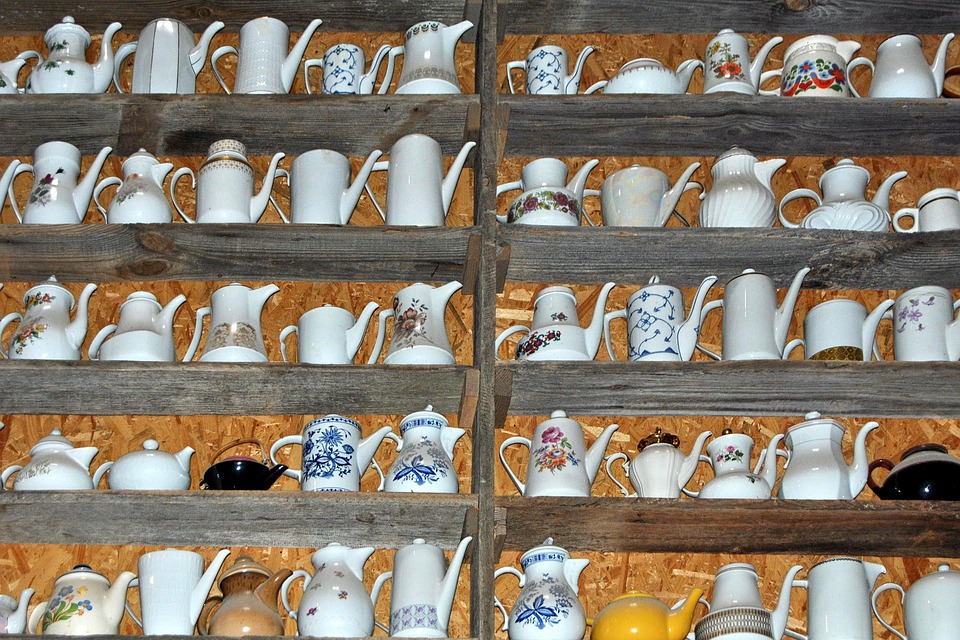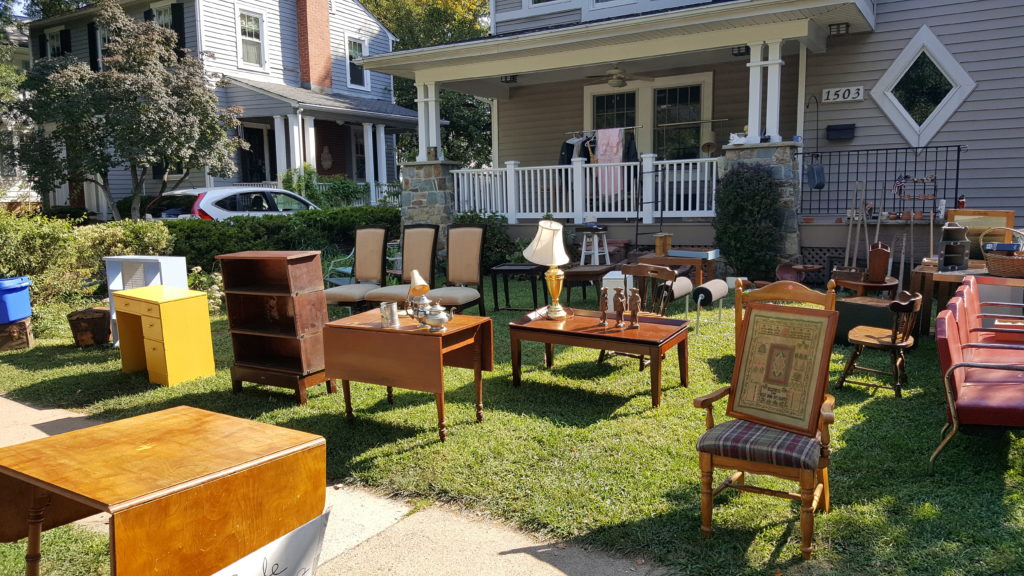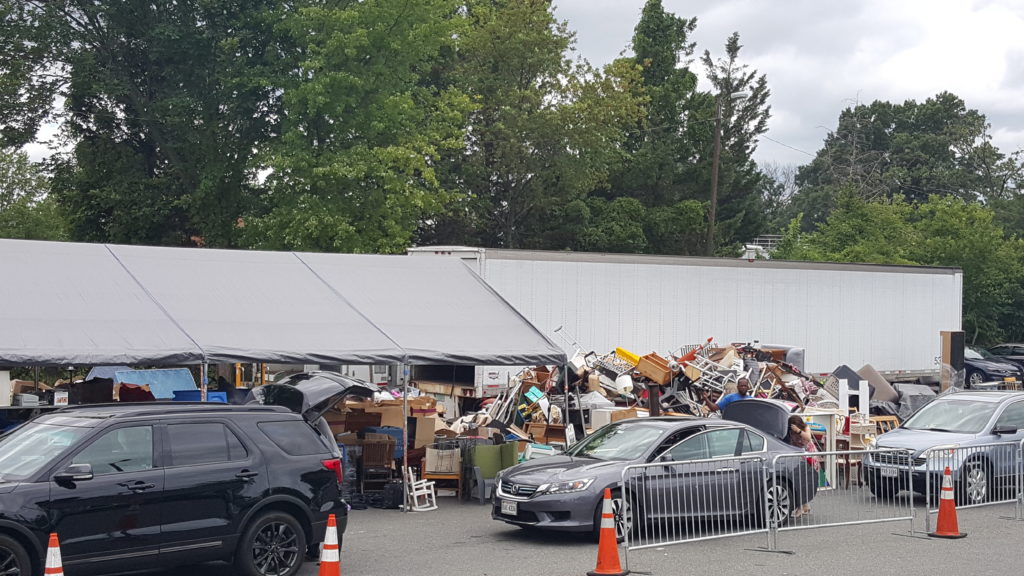
I had lunch today with a 50-something business associate who told the story of how his mother had insisted on living in the home he had grown up in, despite using only about three of the ten rooms in the place. It was a large home north of Philadelphia, on a large lot with a lovely view which she had enjoyed for 50 years. But his mom had health issues and found it difficult to do much beyond simply existing in the house. Joe and his sister lived hundreds of miles from her, and they tried in vain to help when they could, visiting as often as possible to do grocery shopping and taking her to appointments; calling neighbors to check on her; hiring help to make sure she was cared for. When snowstorms raged and the power went out and the home care workers didn't know how to operate the generator -- or when a tree was uprooted from the back yard and did major damage, Joe's patience started wearing thin.
As typically happens, she eventually fell and ended up in assisted living, leaving her house chock full of 50 years' worth of stuff.
Joe handled estate liquidation. It was not pretty. All the lovely items she'd held so near and dear were given away, some were sold in an estate sale, but a lot was just tossed. "No one wants stuff anymore. I sure didn't, and neither did my sister," he said.
Like many baby boomers, Joe learned from his mother's example and is now firmly entrenched in an uncluttered, downsized life. He sold his 5-bedroom home in Minneapolis and moved to the D.C. area, where he lives in a condo that he loves but is happy to leave when as often as possible. He is a frequent traveler who's totally unfettered and free and living a great life -- free from the burden of having too much stuff and free from maintenance and upkeep chores.
The New York Times published an article (August 20, 2017) on how seniors (75+), baby boomers (55-75) and boomers' children are handling the disposition -- and dispossession -- of stuff. Entitled "An Unwanted Inheritance" it describes the sensitive nature of what to do with the rooms full unwanted furniture, rugs, accessories, crystal and china, and all manner of other heirlooms and collectibles. "This is the first time we're seeing a kink in the chain of passing down mementos from one generation to another," said Mary Kay Buysse, executive director of the National Association of Move Managers, an organization that helps older people downsize.
Baby boomers have their own lives and either don't have room for any of their parents' stuff, or they don't want boxy "brown goods" such as armoires or ornate dining tables and ten accompanying chairs. I am very interested in family history and I would like a lot of my parents' things on some level, 30-year-old Travis Miscia said,"but I have to limit myself to what I would call primary-source documents like books and some pictures.
Some younger people (many of whom are the children of baby boomers) take their parents' items just to keep from hurting their feelings, but it typically ends up in storage or it's donated. Baby boomers are beyond that and know how to say no. Many are in the process of decluttering and downsizing themselves, or they've gone through estate liquidation woes with their parents, and they don't want or need what additional "things." Goodwill stores are flooded with the detritus from too many homes with too many "brown goods" -- such as depicted in a yard sale in my Clarendon neighborhood that the guy keeps repeating (can't sell the stuff) and in the photo of a Goodwill drop site in Arlington.


Instead, they're taking what they learned from their parents' examples and decluttering and downsizing while they're still young enough to travel and explore new lifestyles. Some are even deciding where to relocate (near children or grandchildren, to the beach, to a small town to start a second career, to a favorite travel destination where they'll ultimately retire). Many people I've met recently in the 55-to-65 age group -- like Joe today -- are acutely aware of the many reasons to downsize, chief among them to not only enjoy a simpler life in a smaller, more organized space, but also to write the story of their next 20 years with a different narrative than their parents used.
"The greatest gift I'm going to give my children is the knowledge that they won't have to deal with all the stuff I had to go through with my parents. And with the flexibility I have now that I don't have that big house -- which, incidentally, they visited once or twice a year -- I can treat everyone to a trip to Spain for Christmas, rather than force them into their childhood bedrooms. I'm living a new life, and they want to be a part of that," my friend Susan said.

Leave a Reply